- Tokyo Pandas Head For China, Leaving Japan Bereft Of Beloved Bears Barron’s
- Japan’s beloved last pandas leave for China as ties fray Dawn
- Tearful goodbyes as Japan returns pandas to China amid worsening ties BBC
- Japan’s last two pandas Xiao…
Category: 2. World
-
Tokyo Pandas Head For China, Leaving Japan Bereft Of Beloved Bears – Barron's
-
Carney downplays Trump’s threats while ruling out China trade deal – Politico
- Carney downplays Trump’s threats while ruling out China trade deal Politico
- Canada’s Carney links Trump’s new tariff threat to North American trade deal review Dawn
- Trump threatens Canada with 100% tariffs if it ‘makes a deal with China’
Continue Reading
-
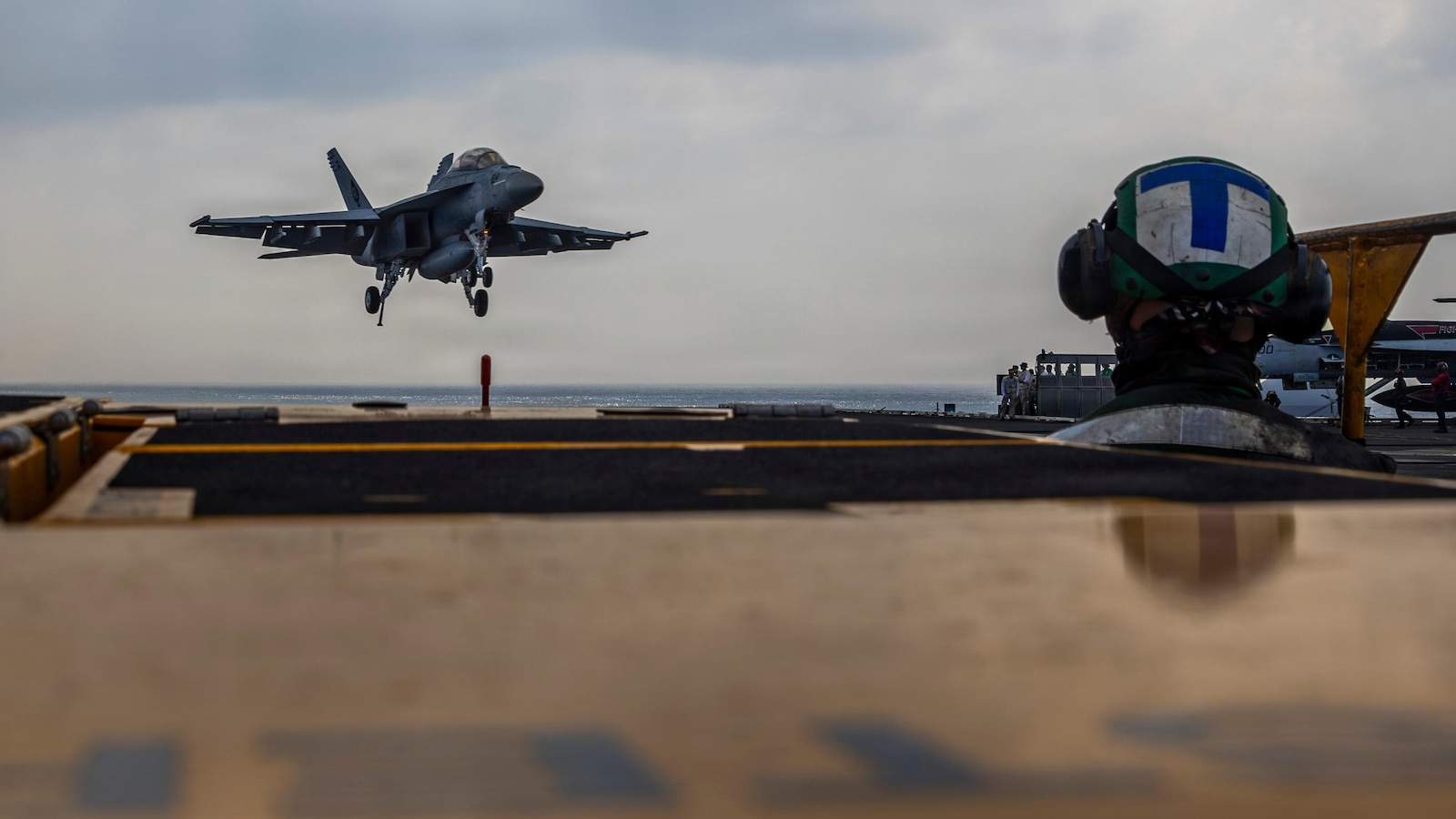
US aircraft carrier arrives in the Middle East as tensions with Iran remain high
WASHINGTON — The aircraft carrier USS Abraham Lincoln and three accompanying warships have arrived in the Middle East, bringing a renewed potential that President Donald Trump could opt to order airstrikes on Iran over its crackdown on…
Continue Reading
-
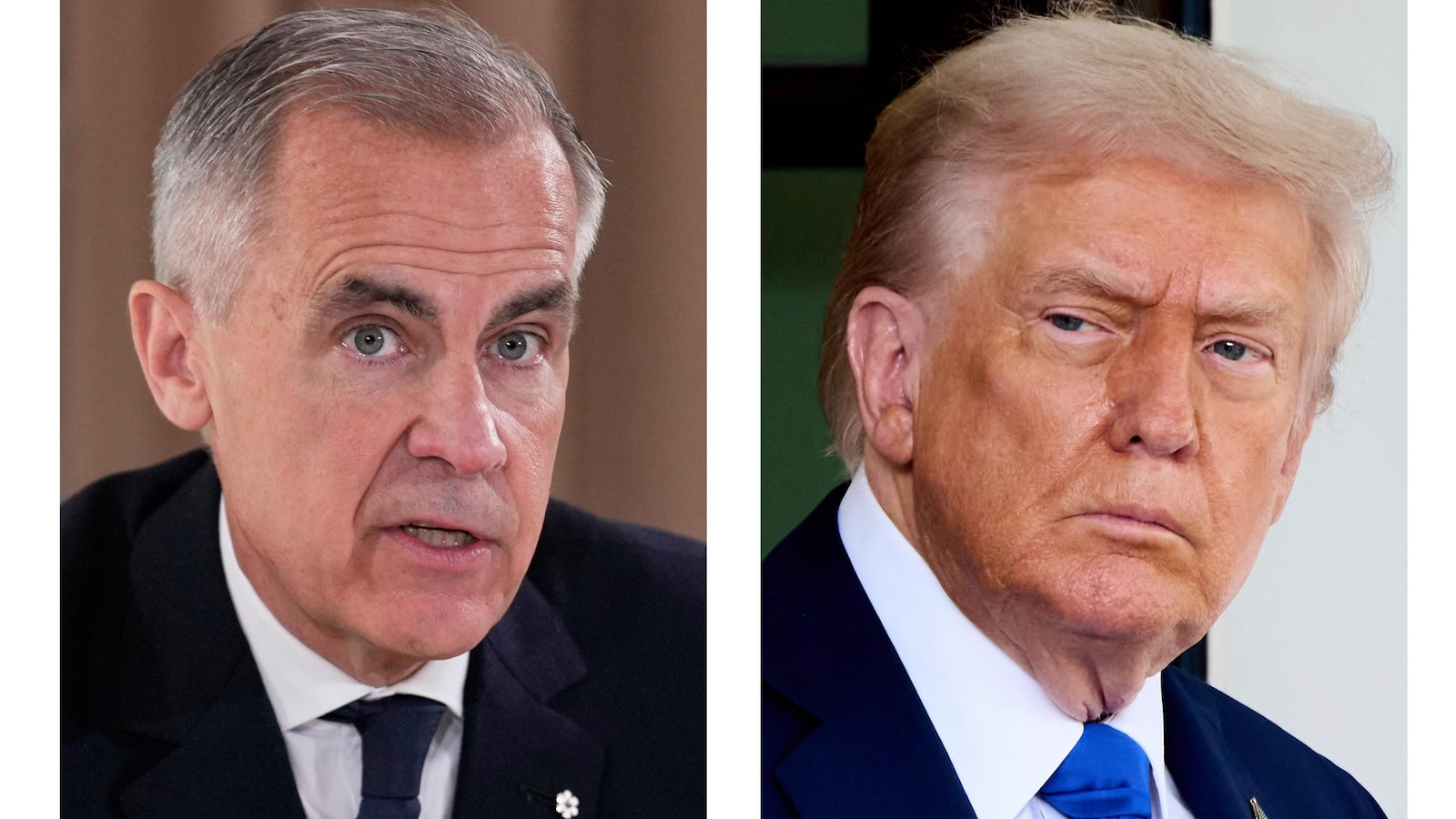
Carney calls Trump’s tariff threats bluster ahead of US-Canada free trade talks
TORONTO — Canadian Prime Minister Mark Carney said Monday some of U.S. President Donald Trump’s threats should be viewed as prepositioning ahead of negotiations to renew the free trade pact between the two large trading partners.
Carney noted…
Continue Reading
-
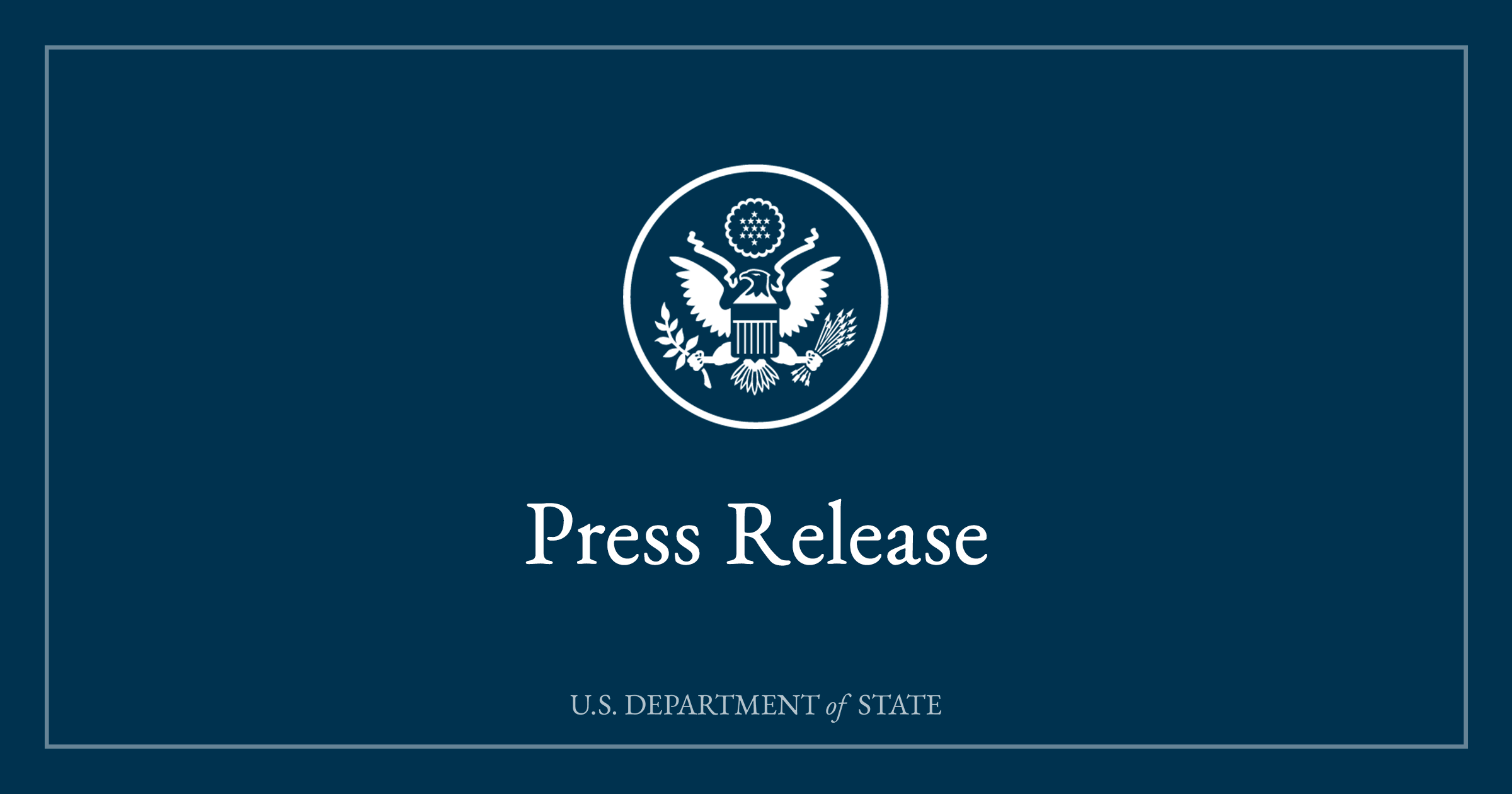
United States Welcomes Oman Signing of the Artemis Accords
The Department of State congratulates the Sultanate of Oman on joining the Artemis Accords. Oman is the 61st country to sign the Accords to date, pledging its commitment to peaceful space exploration and use.
Continue Reading
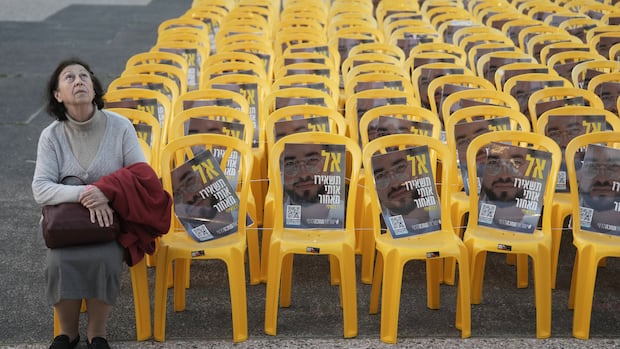
Israel recovers remains of final hostage in Gaza, opening way for next phase
Listen to this article
Estimated 4 minutes
The audio version of this article is generated by AI-based technology. Mispronunciations can occur. We are working with our partners to continually review and improve the results.
Israel has recovered the…
Continue Reading
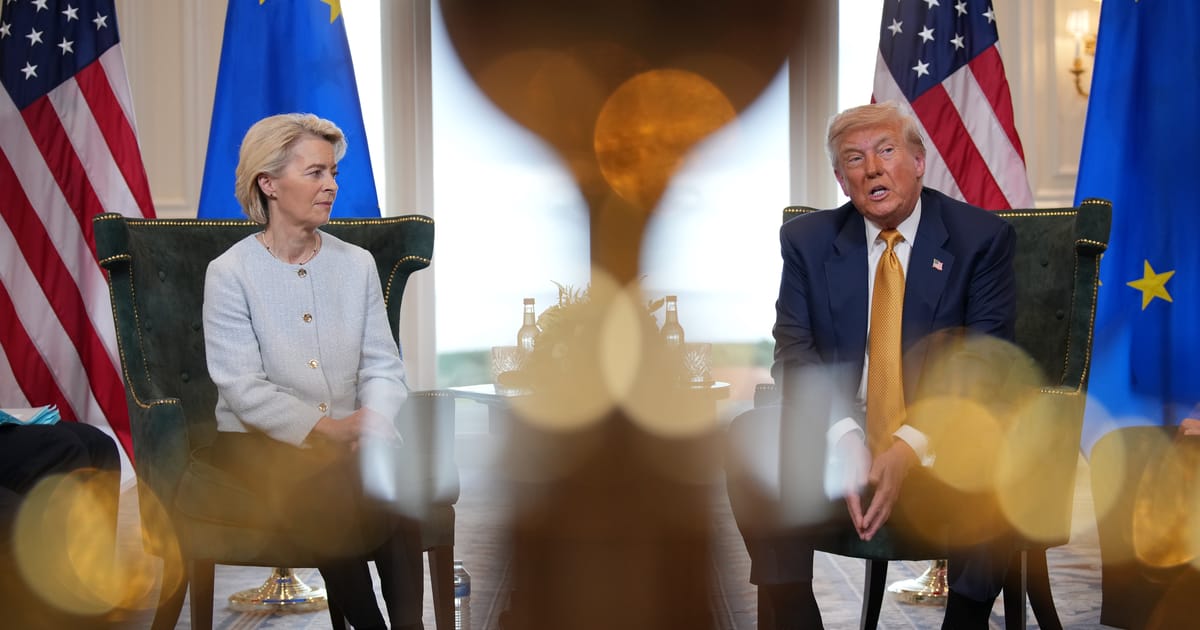
EU Parliament delays decision to unfreeze US trade deal – POLITICO
The Parliament froze ratification of the agreement, signed by Trump and European Commission President Ursula von der Leyen in July, after the U.S. president threatened tariffs on European allies backing Greenland.
Lead negotiators will…
Continue Reading
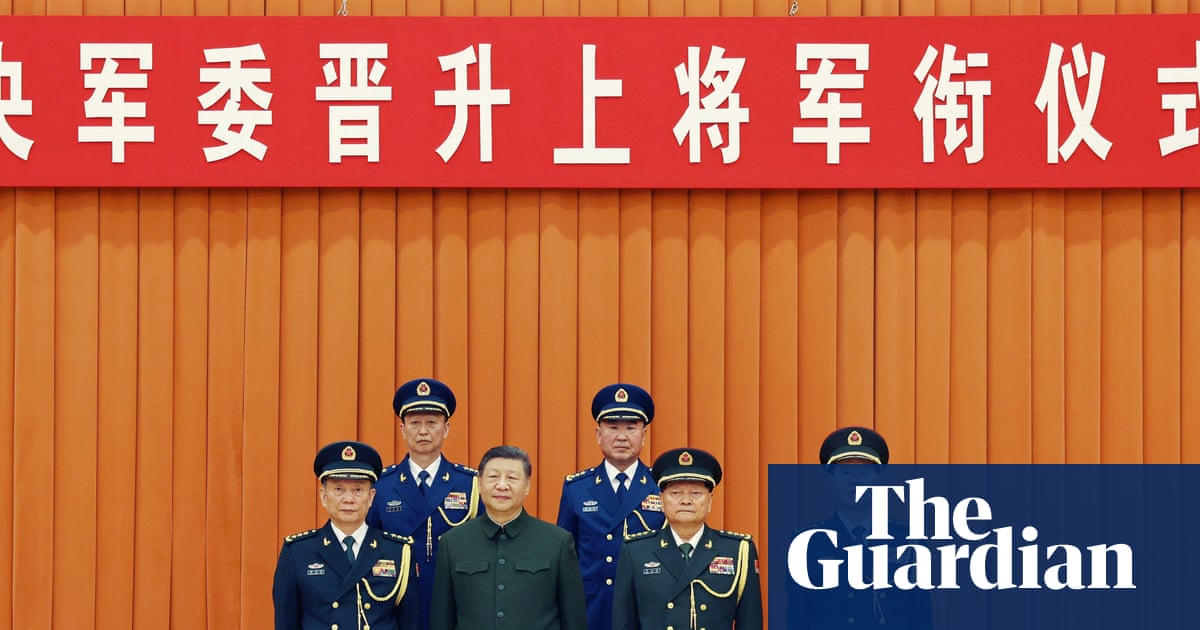
Fate of China’s top general more likely to do with power struggle than corruption | China
Standing inches from Xi Jinping at a military ceremony in late December, China’s highest-ranking general, Zhang Youxia, may have had little inkling about the fate that was to befall him just a few weeks later when he was put under…
Continue Reading
Expert Group Meeting on Insights for HLPF 2026: In-depth Review of SDG 6 – SDG Knowledge Hub
- Expert Group Meeting on Insights for HLPF 2026: In-depth Review of SDG 6 SDG Knowledge Hub
- UAE, Senegal host high-level preparatory meeting in Dakar ahead of 2026 UN Water Conference malaysiasun.com
- South Africa’s Minister Commends UAEs…
Continue Reading
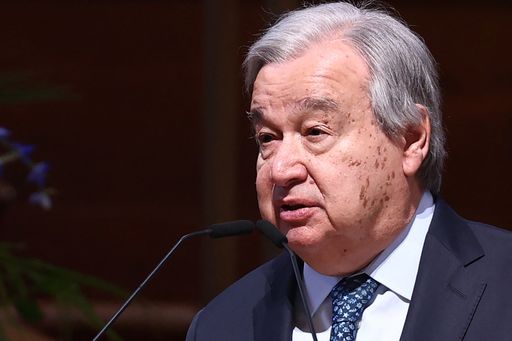
‘Words aren’t matched with action’: UN chief warns ‘law of the jungle’ is replacing rule of law
UN Secretary-General Antonio Guterres has warned that the global order is eroding as the rule of law gives way to what he called “the law of the jungle.”
Urging renewed commitment to multilateralism and accountability, Guterres affirmed on Monday…